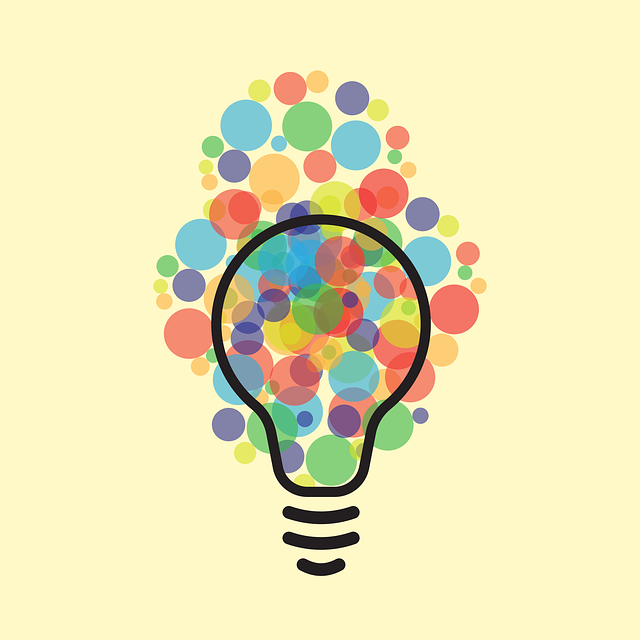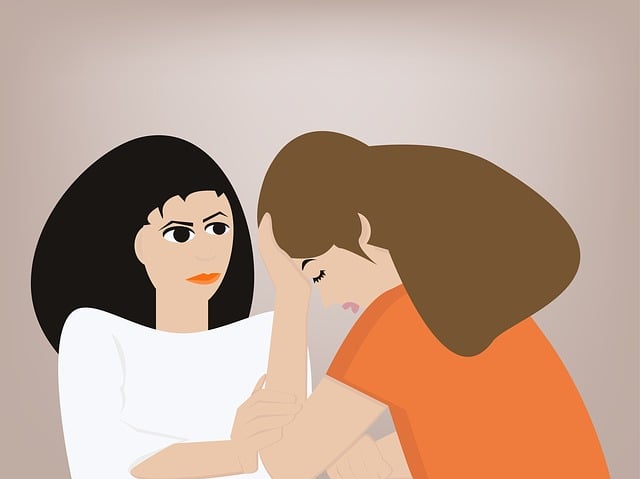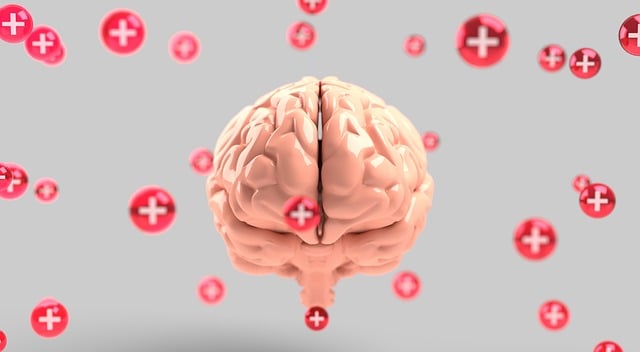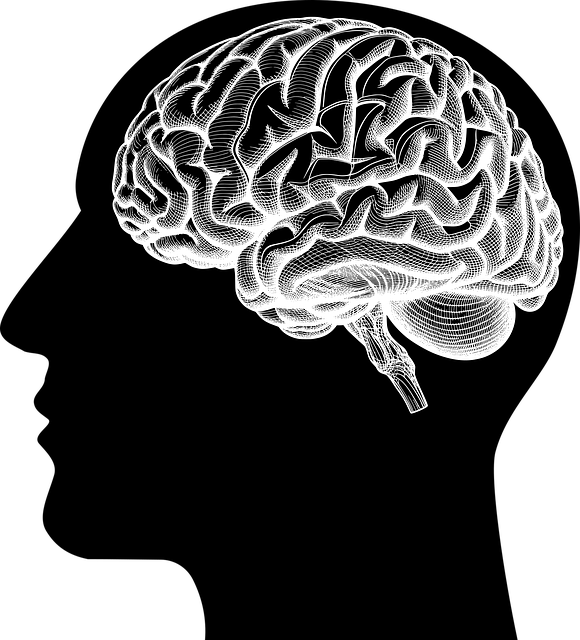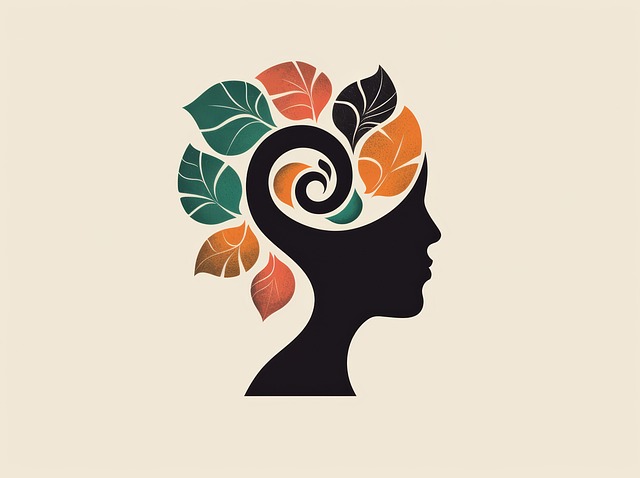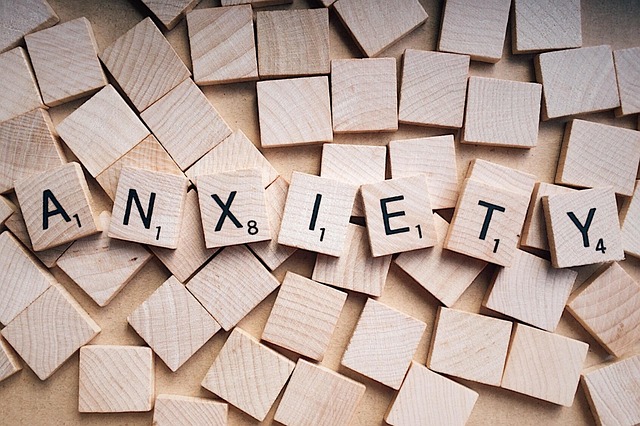Cultural competency is vital in healthcare, especially for elderly patients, as it respects and understands their diverse cultural backgrounds, beliefs, and values. This approach boosts self-esteem, enhances well-being, and fosters trust between providers and elders. Effective training involving interactive workshops, multimedia elements, and advocacy promotes holistic care, empowering the elderly to navigate challenges with resilience and dignity while addressing systemic mental health issues through tailored therapy focused on therapy for elders' self-esteem.
Cultural competency training is essential in healthcare, especially for providing quality care to elders. This article explores the critical role of cultural competence in understanding and enhancing the self-esteem of elderly patients. We delve into the impact of culturally sensitive care, highlighting its positive effects on seniors’ well-being and therapy outcomes. Furthermore, practical strategies and techniques are presented for healthcare providers to implement effective training programs, ensuring better patient experiences and improved treatment results.
- Understanding Cultural Competency in Healthcare for Elders
- The Impact of Cultural Competent Care on Elder Self-Esteem
- Strategies and Techniques for Implementing Effective Training Programs
Understanding Cultural Competency in Healthcare for Elders

Cultural competency is a critical aspect of healthcare, especially when serving elderly populations. Understanding the diverse cultural backgrounds, beliefs, and values of older adults is essential to providing quality care that respects their autonomy and enhances their self-esteem. Many elders have unique experiences shaped by historical, social, and economic factors, which can influence their interactions with healthcare systems. For instance, certain cultural groups may have specific healing practices or preferences for communication styles, requiring providers to adapt their approaches to ensure effective therapy for elders.
Promoting cultural competency involves training healthcare providers on topics such as aging-related trauma support services and self-esteem improvement strategies tailored to diverse communities. This includes learning to navigate sensitive conversations, recognizing and addressing unconscious biases, and incorporating cultural perspectives into mental health policy analysis and advocacy. By fostering a more inclusive environment, healthcare organizations can better serve the needs of elderly patients, ensuring their well-being and dignity.
The Impact of Cultural Competent Care on Elder Self-Esteem

Cultural competent care plays a pivotal role in enhancing self-esteem among elders, addressing a crucial aspect of their overall well-being. When healthcare providers are attuned to cultural differences and values, they create an environment that fosters trust and respect. This is particularly significant for elderly individuals who may have faced historical or systemic marginalization. By incorporating cultural sensitivity into patient interactions, healthcare professionals can help break down barriers and empower elders to feel seen, heard, and valued.
This supportive approach encourages the development of inner strength and positive thinking, serving as a powerful therapy for elders’ self-esteem. It also has implications for depression prevention, as cultural competency promotes a holistic understanding of an individual’s mental health, considering not just symptoms but also the social and cultural contexts that influence well-being. Through such care, healthcare providers can enable elders to navigate their unique challenges with resilience and dignity.
Strategies and Techniques for Implementing Effective Training Programs

Effective training programs for cultural competency in healthcare should employ a multi-faceted approach. One key strategy is to utilize interactive workshops that engage participants in role-playing scenarios, allowing them to practice communicating with diverse patient populations. These sessions can help break down barriers and foster empathy, especially when focusing on therapy for elders or individuals from different cultural backgrounds. By encouraging active participation, trainers can ensure that learners internalize the concepts rather than simply absorbing information passively.
Additionally, incorporating multimedia elements in training, such as videos and the Mental Wellness Podcast Series Production, can provide a more immersive experience. Visual aids and personal narratives can help illustrate complex cultural nuances and their impact on mental health outcomes. This approach not only enhances learning but also encourages reflection on one’s own biases and privileges. Moreover, integrating topics like Inner Strength Development and Mental Health Policy Analysis and Advocacy within the training curriculum enables healthcare providers to understand systemic issues affecting diverse communities, thereby promoting more holistic care.
Cultural competency training is a powerful tool to enhance healthcare delivery for elders, fostering an environment that respects and values diverse cultural backgrounds. By implementing effective programs, as discussed in this article, we can significantly improve outcomes and elevate the self-esteem of elderly patients through culturally competent care. Investing in these training strategies ensures that healthcare providers are better equipped to navigate the complexities of different cultures, ultimately leading to more positive interactions and improved quality of life for our elders.
